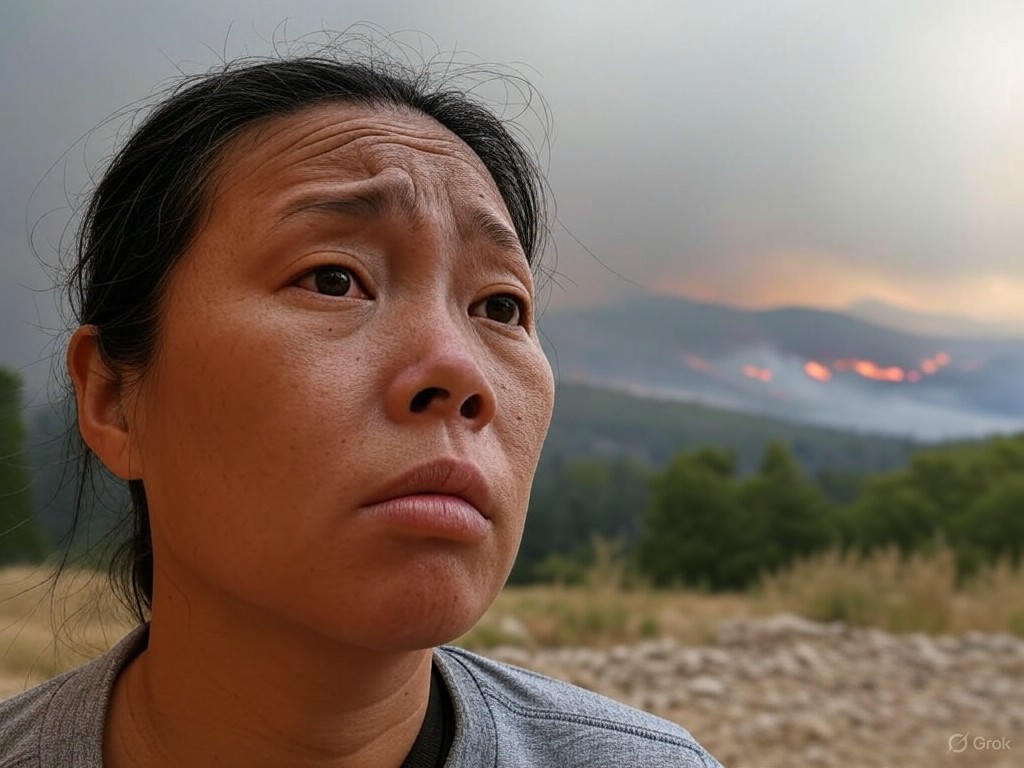Hidden Dangers: How Wildfire Smoke Harms Your Health
As wildfires rage across vast landscapes, they leave behind more than just charred earth and displaced communities. The thick, acrid smoke that billows from these infernos poses a silent yet severe threat to human health, affecting millions who may never see the flames. With increasing frequency and intensity of wildfires due to climate change, understanding the impact of smoke exposure is more critical than ever. This invisible hazard creeps into our lungs, minds, and bodies, often with consequences that linger long after the skies clear.
When wildfire smoke blankets a region, it carries a toxic cocktail of particulate matter, carbon monoxide, and volatile organic compounds. These pollutants are particularly dangerous because they can penetrate deep into the respiratory system. Fine particles, known as PM2.5, are small enough to bypass the body’s natural defenses, lodging in the lungs and even entering the bloodstream. This can exacerbate conditions like asthma and bronchitis, while long-term exposure has been linked to chronic heart and lung diseases. For vulnerable populations—children, the elderly, and those with pre-existing conditions—the risks are even greater, often leading to emergency room visits during severe smoke events.
Beyond the physical toll, emerging research reveals that wildfire smoke can take a significant mental toll as well. The stress of living under hazy, unbreathable skies, coupled with the fear of evacuation or loss, can trigger anxiety and depression. Moreover, studies suggest that the pollutants in smoke may directly affect brain function, potentially contributing to cognitive decline over time. The psychological burden is compounded for those who lose homes or livelihoods to fires, creating a vicious cycle of trauma and health decline. It’s a stark reminder that the effects of smoke are not just skin-deep but can alter the very way we think and feel.
Perhaps most alarming is the growing evidence that smoke exposure weakens the body’s defenses against infections. Inhaling polluted air can impair the immune system, making individuals more susceptible to respiratory illnesses like pneumonia or even viral infections. During wildfire seasons, public health experts have noted spikes in such cases, a trend that becomes more concerning in the context of global health challenges. This hidden vulnerability underscores the need for better protective measures, from wearing high-quality masks to improving indoor air filtration systems in affected areas.
As wildfires become a grim fixture of our changing climate, safeguarding our health from smoke exposure must be a priority. Communities need access to real-time air quality alerts and resources to minimize exposure, while policymakers must address the root causes of these fires through sustainable environmental practices. Individually, we can take steps like sealing homes against smoke infiltration and staying informed about local conditions. The battle against wildfire smoke is not just about clearing the air—it’s about preserving our well-being for generations to come. Let’s act now, before the haze of tomorrow becomes an inescapable fog.


